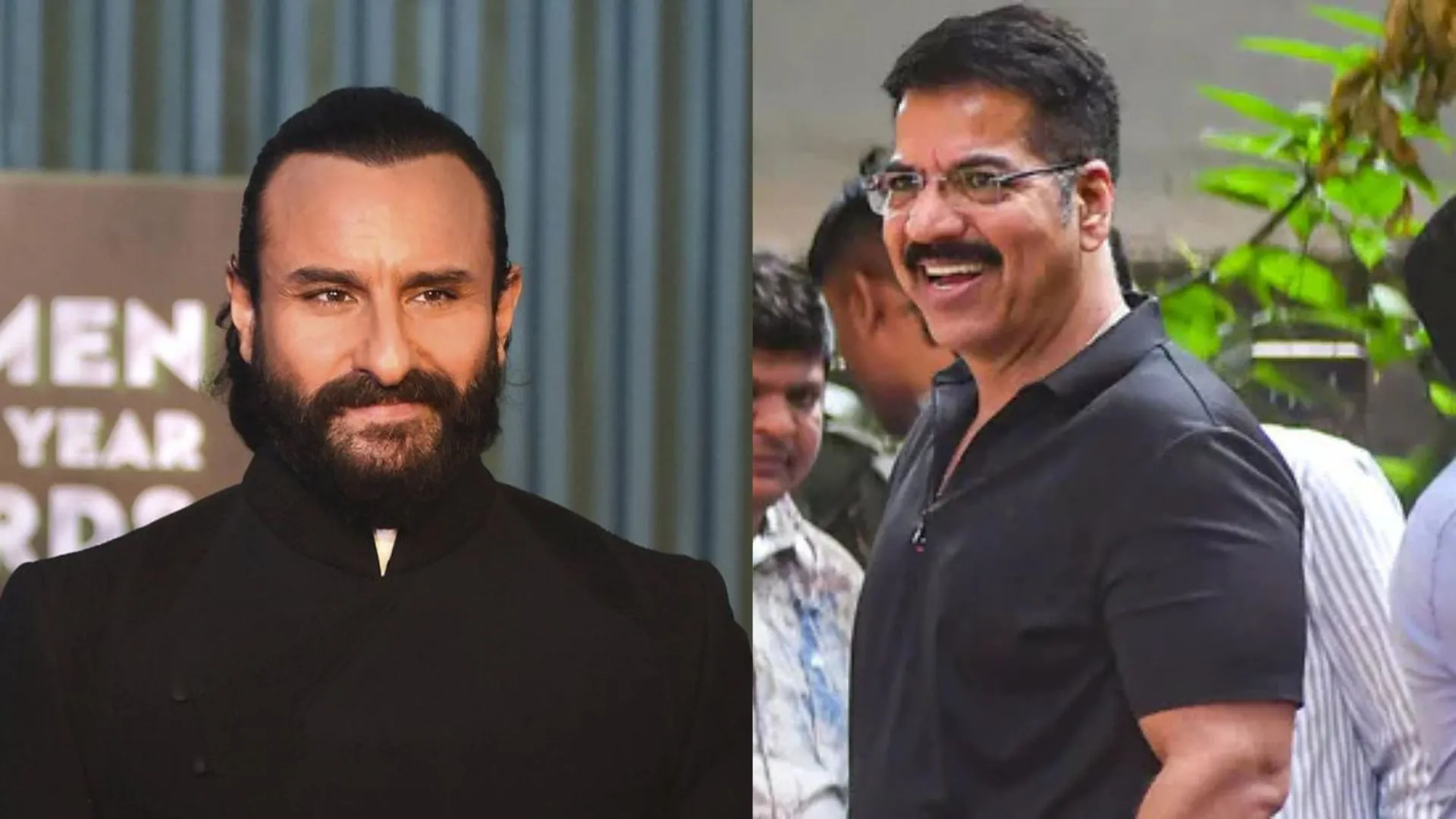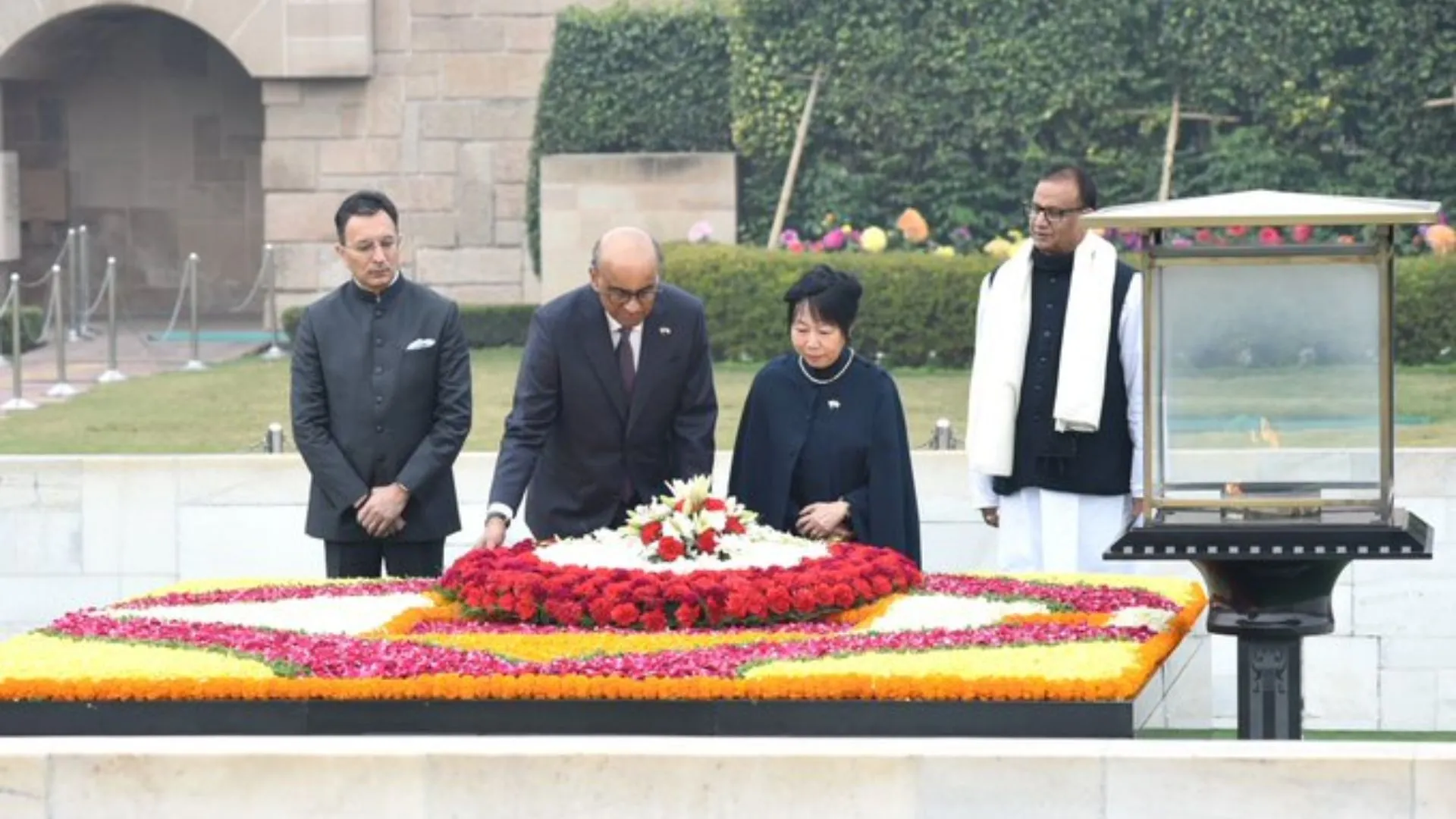A quest for status, changing views of deterrence and the desire to get Taiwan back are among the drivers of China’s current nuclear expansion, according to experts at The Democracy Forum’s (TDF) August panel discussion, which focused on what has led to this momentous build-up, as well as aiming to uncover its extent and strategic imperatives. The Democracy Forum (TDF) is a not-for-profit NGO that promotes ideals of democracy, pluralism and tolerance through public debate.
Recalling the Pentagon’s admission, in 2021, that the PLA was on track to quadruple its stock of nuclear warheads to 1,000 by 2030, TDF president Lord Bruce on Wednesday noted that China’s nuclear expansion appears to be shifting towards a much less restrained and more offensive posture.
Analysts such as Austin Long suggested that, by 2030, China’s ‘force structure and posture will be similar to America’s and Russia’s in many ways in light of the Pentagon’s reassessment of Chinese nuclear capability to 1500 warheads by 2035.
Lord Bruce also highlighted a warning by former US Secretary of State Henry Kissinger, who recently visited China, that humanity’s future is endangered by a fundamental lack of trust between China and the US, leaving the world ‘on the path to great power confrontation’, with both sides having ‘convinced themselves that the other represents a strategic danger. Within a week of Kissinger’s visit, the Chinese government published a revised Foreign Relations Law. Article 33 states that China has the ‘right’ to carry out ‘countermeasures’ against actions that ‘violate international laws and fundamental norms of international relations’ or ‘undermine China’s sovereignty, security, or development interests’. Such actions could include semiconductor-related export restrictions imposed by the US, Japan and other counties.
Concluding his cautionary introduction, Lord Bruce cited defence analyst Andrew Krepinivich’s emphasis on the essential driver of China’s decision to superpower-size its arsenal, to seek ‘nuclear parity with America and Russia’. He also underscored Krepinivich’s warning that ‘parity… cannot be achieved in a tripolar system, because it is not possible for each member to match the combined arsenals of its two rivals.

















